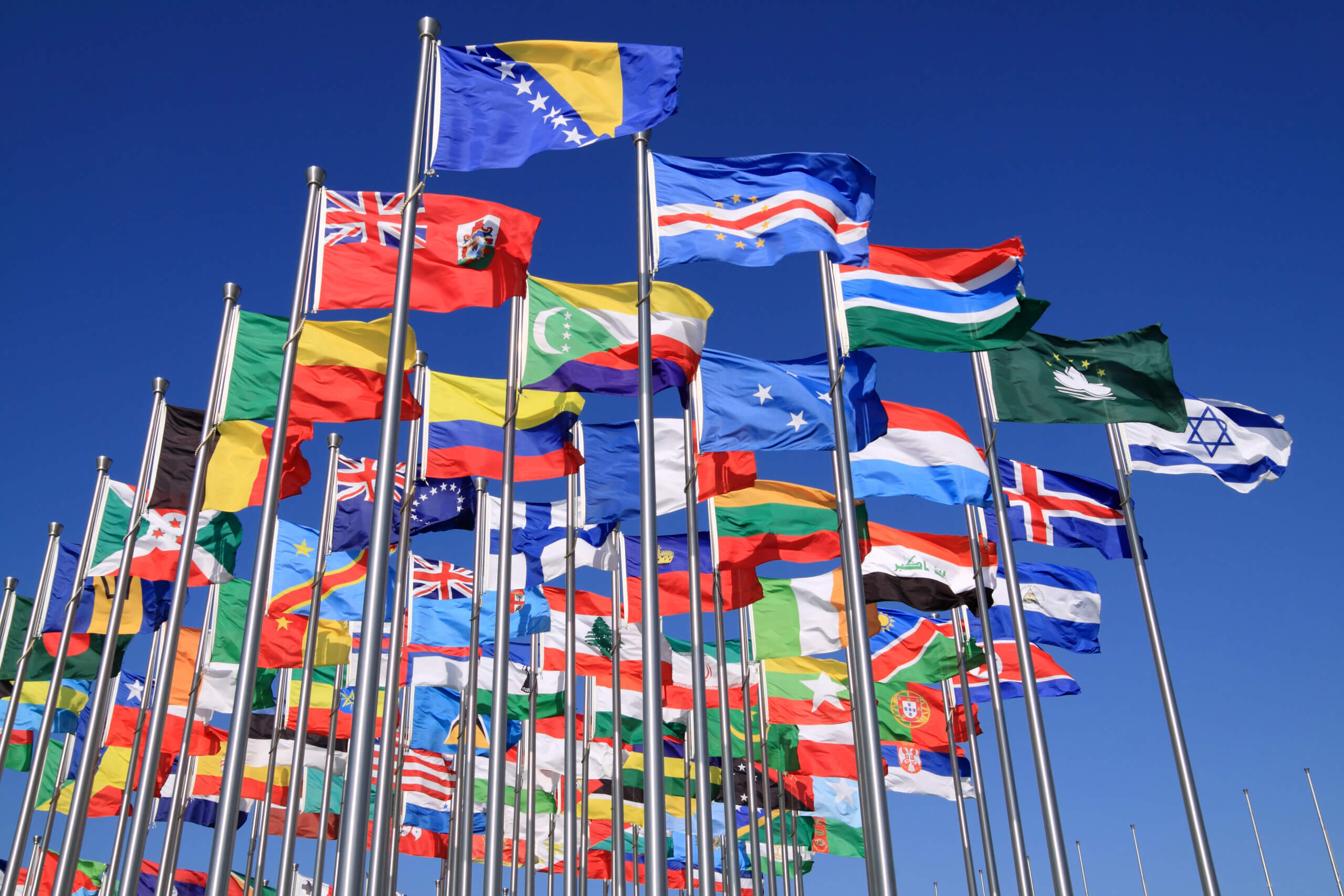With 100 Euro
you enable OceanCare to advocate for a legally binding agreement that regulates plastic on its entire life cycle – from production to disposal.
Together we can make a difference.

Have you noticed how much plastic waste is generated in your household? Single-use plastics fills your shopping bag. It’s in your online order and even your clothes contain plastic materials. Only very little of the material is recycled. Plastics are incinerated or end up in the ocean as legacy for hundreds of years.
Did you know that only a few dozen companies produce the majority of the world’s plastic products?
If the plastic industry would reduce the production of virgin plastics, then the plastic flood could be stopped quickly. Unfortunately, companies put the blame on consumers. They claim that it is their customers who want plastic packaging.
I see.
Well, if that’s the case, then the solution is obvious. You are the solution. Because you can play a role in changing your demand.
Send a strong signal to these companies that you have chosen reusable products and avoiding single-use plastics from your daily life. By doing so, you are supporting a clean environment and a clean ocean, and also protecting many animals that are suffering today because of plastics.
10,846
OUT OF 15,000
SIGNATURES

We call on the Swiss federal government: Stop shifting away your responsibility, but apply the instruments already in place within the Environmental Protection Act! Under this law, the Federal Council can ban the single-use plastic items, such as take-away items and plastic bags from the Swiss territory, independent of the material used, and can stop the sale of cosmetic and personal products containing microbeads in Switzerland.
you enable OceanCare to advocate for a legally binding agreement that regulates plastic on its entire life cycle – from production to disposal.
Together we can make a difference.

OceanCare
Gerbestrasse 6
CH-8820 Waedenswil (Switzerland)
Credit Suisse, CH-8810 Horgen
IBAN: CH83 0483 5040 8744 0000 0
BIC: CRESCHZZ80A

A healthy Ocean is essential for life on the blue planet.
We must stop harming our planet and start caring for it.
The time to act is now.